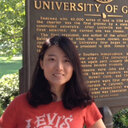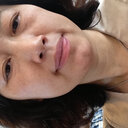Adjuvant therapy with Astragalus membranaceus for post-stroke fatigue: a systematic review.
Palavras-chave
Resumo
Post-stroke fatigue (PSF) is a common symptom after stroke and interferes with the rehabilitation. There are limited pharmacological therapies for managing PSF. Astragalus membranaceus (Huangqi) is a frequently used Chinese herbal medicine (CHM) in the treatment of fatigue in China. The aim of this review was to summarize the efficacy of adjuvant therapy with CHM Huangqi (CHM-HQ) in managing fatigue after stroke. We searched the databases in both English and Chinese for randomized controlled trials (RCTs) on CHM-HQ for PSF till November 2016. The Cochrane risk of bias tool was used to assess the quality of included trials, and the Review Manager 5.3 software was used to conduct the data analysis. Sixteen RCTs with a total of 1222 participants were included. The evidence was poor in quality with unclear or high risks of bias. Compared to routine intervention, treatment with CHM-HQ decreased the fatigue severity based on the assessment of the Fatigue Severity Scale, Fugl-Meyer and Visual Analogue Scale, and improved the quality of life as measured by the Stroke Specific Quality of Life scale, the Barthel index, and the modified Barthel index, while the adverse effects were mild. In conclusions, adjuvant therapy with CHM-HQ may benefit in managing fatigue and quality of life in stroke patients. However, stronger evidence is needed for a promising conclusion and more rigorous designs of RCTs are merited in the future.



